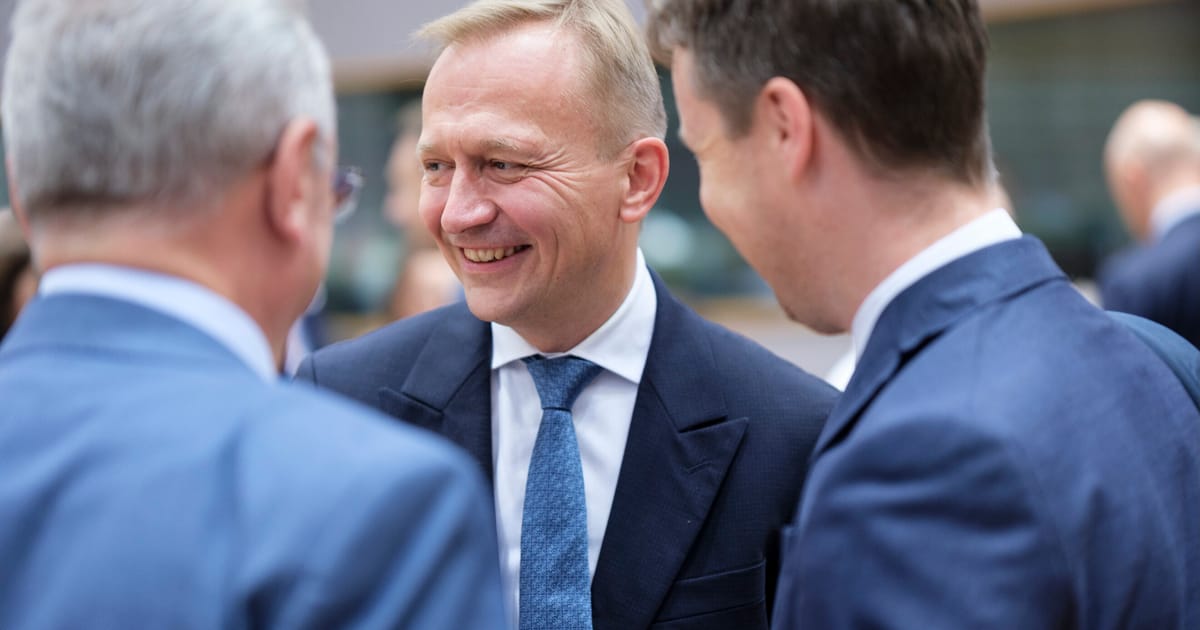

In the dynamic arena of international news, recent developments demonstrate countries navigating challenges related to economic strategies, infrastructure investments, and political actions. This piece presents an overview of current events in Poland, Brazil, the UK, and within the European Union.
Poland is poised to benefit significantly from the European Union’s new budget plans. The largest share of the funds from national and regional partnership agreements has been allocated to Poland, aimed at supporting various sectors including agriculture and migration. This allocation underscores Poland’s strategic position in the EU, while also highlighting the different stances EU members have taken on the distribution of these resources.
Turning to South America, the geopolitical landscape reveals a contentious situation involving the United States and Brazil. U.S. Secretary of State Marco Rubio has moved to revoke the U.S. visas of eight Brazilian Supreme Court judges. This decision is part of an effort aligned with the previous Trump administration’s attempts to support Brazil’s former president, Jair Bolsonaro, amid his ongoing trial. Bolsonaro faces allegations of orchestrating an attempted coup to cling to power post-election, and a potential conviction looms, carrying a lengthy prison sentence.
In the United Kingdom, a significant call to action has emerged from manufacturers advocating for the revival of the High-Speed 2 (HS2) rail project’s northern leg. The proposed expansion aims to extend services to Manchester and Leeds, promising to alleviate road congestion and reduce carbon emissions by shifting freight transportation to rail. This initiative represents a collaborative push by manufacturing groups and financial institutions, emphasizing a shared interest in enhancing infrastructure and ecological sustainability.
Meanwhile, the UK’s real estate market has experienced a notable downturn. The average asking price for homes saw its largest one-month drop in 20 years, with a 1.2% decline following the conclusion of temporary stamp duty cuts. This reduction is attributed to a spike in the number of homes entering the market, coupled with adjustments in council tax rates on secondary properties. This market shift reflects broader financial adjustments taking place in the sector.
Amidst these economic movements, the UK government is reviving an institution from the past: the Pensions Commission, originally launched during Tony Blair’s administration. The relaunch aims to address an unfolding retirement savings crisis, as projections indicate future generations may face reduced pension incomes compared to current retirees. This strategic move demonstrates a proactive approach to safeguarding financial stability for the aging population.
These global developments underscore the complex interplay between national and international priorities, as policymakers strive to balance immediate economic needs with long-term strategic planning. Whether through managing budgets, bolstering infrastructure, or ensuring political stability, the initiatives and actions outlined above denote a carefully calibrated effort to address diverse challenges with mindful consideration.
Source: {link}
